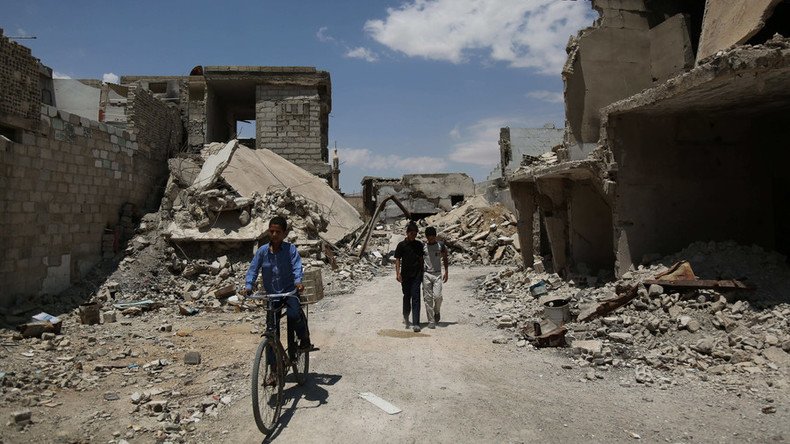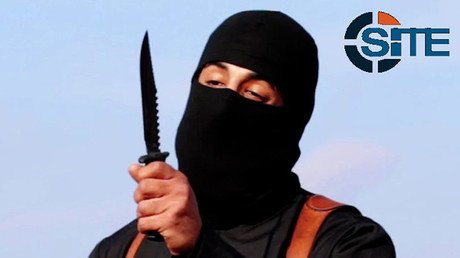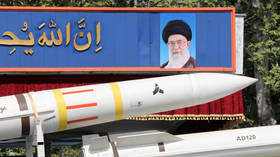Charitable aid convoys to Syria ‘abused’ to fund terrorism, regulator warns

Aid convoys to conflict areas may be passing on charitable funds to terrorist groups, the Charity Commission has warned.
The regulator said the convoys could be “abused” by terrorist supporters wanting to help extremist groups through money and other resources.
The Commission called on charities adopting them to carry out “additional regulatory scrutiny.”
It comes after two men were convicted last December of using charity convoys to Syria to funnel thousands of pounds to jihadists.
In July 2013, Syed Hoque, of Stoke-on-Trent, and Mashoud Miah, of east London, handed £3,000 ($4,000) to Hoque’s nephew, a member of Al-Nusra Front.
The Commission’s report pointed out how the aid convoys had been used by Hoque as “a cover for his support of an individual involved in terrorism in Syria.”
It accused the charity Shade of having “little or no due diligence or oversight” after it provided Hoque with an “open ended” letter of credentials which allowed him to travel to Syria.
Shade halted all contacts with Hoque following the findings.
Another organization raising charitable funds, Helping Humanity, was also found to have contacts with the other accused, Miah. It has since closed down.
In its report about Miah, the Commission said: “There is a risk that charitable aid convoys to Syria may be abused for non-charitable purposes, including facilitating travel for fighters or providing support for those involved in terrorism.
“This is of serious regulatory concern to the Commission and impacts on public trust and confidence in those charities and the charitable sector more generally.”
It follows reports of individual, anonymous public donations being the main source of support for Islamist extremists in the UK.
A government review revealed individuals in Britain are donating hundreds of thousands of pounds per year to radicals.
Home Secretary Amber Rudd said people are at risk of making donations without being fully aware or supportive of the organization’s agenda.
“Some Islamic organizations of extremist concern portray themselves as charities to increase their credibility and to take advantage of Islam’s emphasis on charity,” it said.
“Some are purposefully vague about their activities and their charitable status.”













